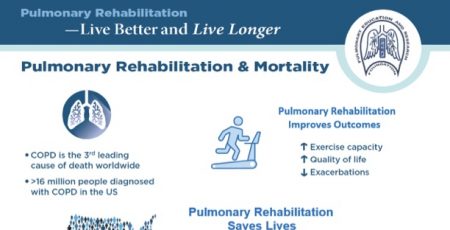18 Dec 5 Things to Consider – Other Than Diet – To Help You Lose Weight
It might seem kind of cruel to publish an article about losing weight right when we’re all enjoying traditional holiday meals and festivities.
But that’s the point of this article. Real and lasting weight loss isn’t about denying yourself the pleasures of good food. It’s about understanding yourself and living a healthy lifestyle that you enjoy and that also promotes fitness and keeps your weight within a reasonable range.
So how does one practice this voodoo magic?
Consider these five things that do not concern themselves with dictating the specific foods you should or should not eat:
- Are you motivated to make changes in your life that will lead to weight loss and better health?
Even if you’re not going to go on some crash diet that limits you to only two food groups or requires an all-liquid diet, you do have to accept that in order to lose weight, you’ll need to make some changes in eating choices and activity. It’s only logical; how will your body change if you don’t change your food intake or activity level?
- Are you under too much stress to launch a plan to change your eating or exercise habits?
If you’re having problems in your marriage, struggling with a crisis with your son or daughter, or overwhelmed by a job loss or money issues, maybe now is not a good time to try to institute changes in your eating or exercise. You might do better, in the long run, if you work on resolving the problems that are eclipsing your life right now before you start trying to make lifestyle changes.
- Go for “sneaky” lifestyle changes that will cause slow weight loss, not radical changes to lose lots of weight quickly.
This is about setting realistic goals that you can stick with forever. For example, you might be able to easily switch from having a Coke every afternoon to having a flavored seltzer water. Or you might actually find that having a salad for lunch every day with some protein thrown in is just as satisfying as a sandwich and chips. Joining a walking group might afford you as much pleasure from social interaction as benefits from exercise. Small changes that don’t make you feel deprived may result in slow weight loss rather than a dramatic drop on the scale, but that weight loss will be ongoing and lasting with very little effort.
- Face the “why” as much as the “how” of being overweight.
It’s probably true that you have a problem with weight because of some emotional issues connected with food, not simply because you miscalculated your intake levels or the amount of exercise you need. So even if you make conscious changes in eating and activity, those subconscious emotional issues will still be lurking under the surface, ready to sabotage you.
Try to connect the dots between how you’re feeling and your overeating or lack of activity. There are many books and podcasts you can read or listen to about the psychological bases for eating disorders. You also might consider talking with your doctor or a mental health professional to explore the role that food plays in your life.
- Recognize that you need support in order to maintain the changes you want to make in your life.
Luckily, there are many options these days for getting the support that you need. You might have a friend or loved one who will encourage you and help keep you accountable. Or you might want to join a group such as Weight Watchers. If you prefer to keep your efforts toward weight loss more private, there are certified health coaches out there who can counsel and support you either in person, by phone, or over internet chats. Or, you can look online or in your smart phone’s app store for programs you can join online such as My Fitness Pal or Noom.
If you follow the five steps above before embarking on a weight loss plan, your chances of lasting success are far greater than if you simply try to restrict your food or increase your exercise without exploring your readiness to really make a change in your life.
Information for this article was obtained from the Mayo Clinic.





No Comments